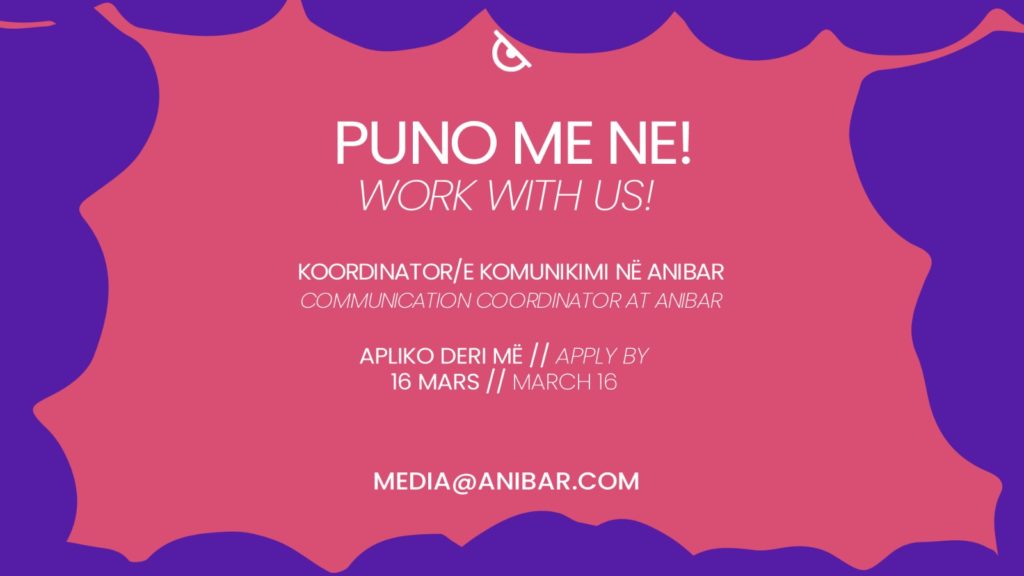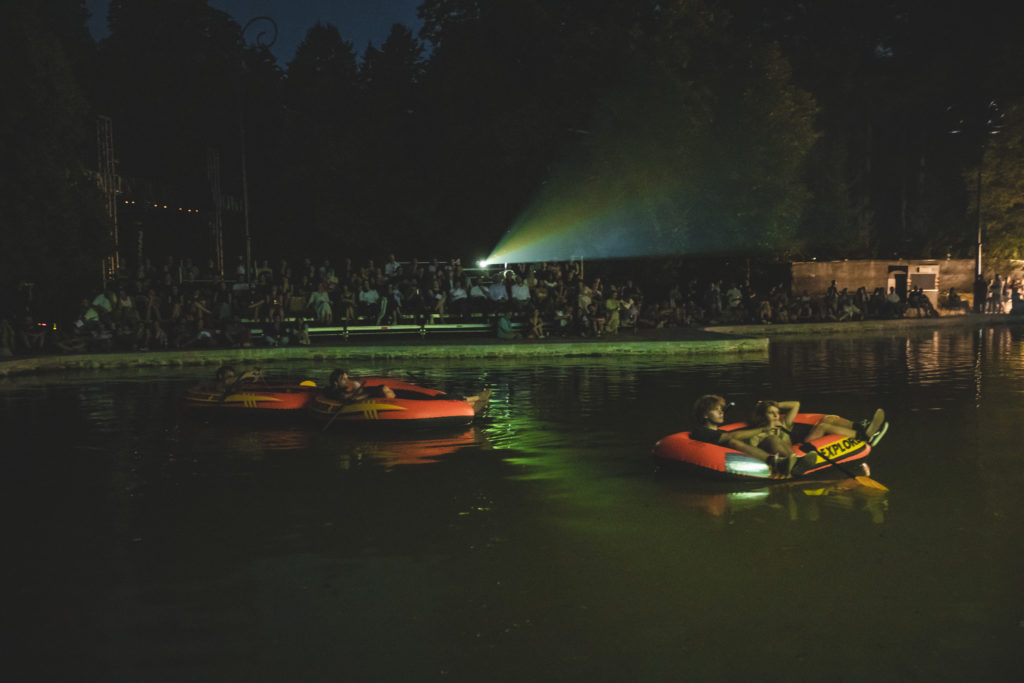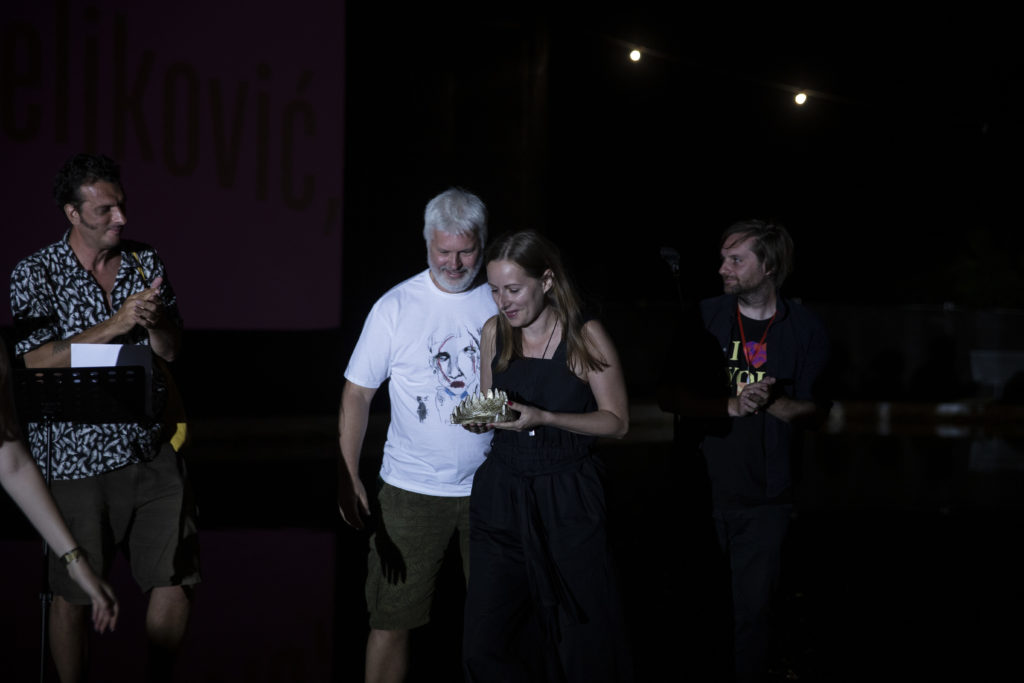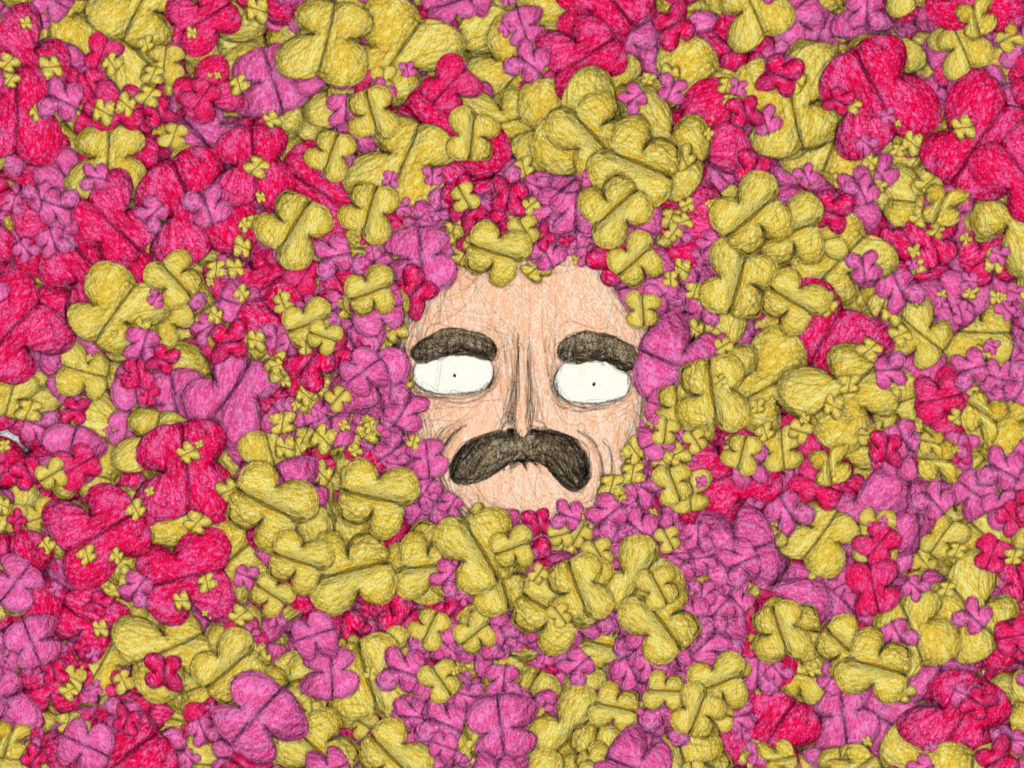Festival Criticism & Journalism: Masterclass with Olga Bobrowska
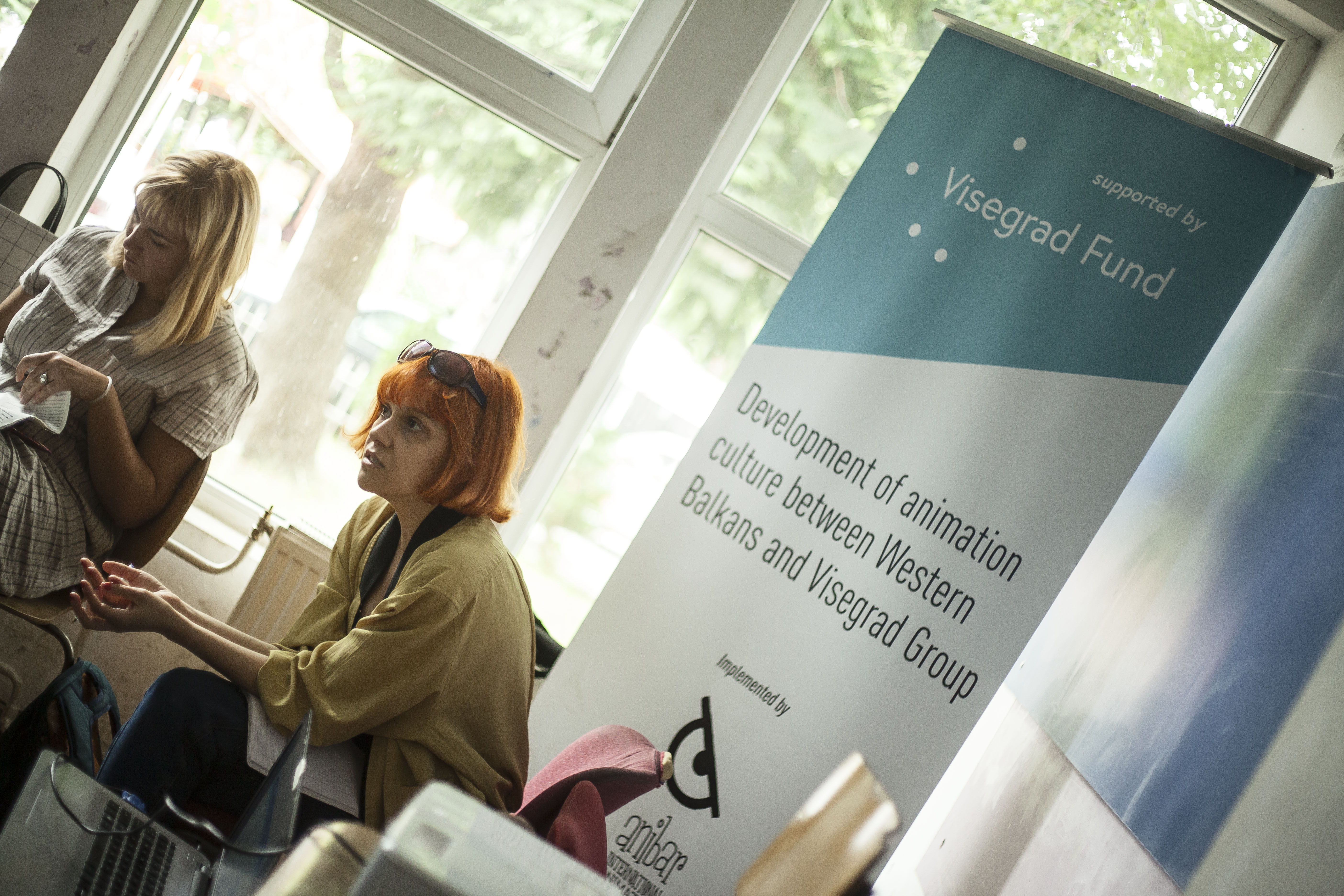
Vullnet Gusia
One of the masterclasses of this edition of Anibar is about “Festival Criticism & Journalism”. In this 5-day intensive training, participants will write and edit film reviews, commentaries, and analyses; interview a wide range of already established filmmakers as well as emerging new talents from all around the world, and report on their own opinions and experiences.
This masterclass is mentored by Olga Bobrowska. She is a Ph.D. candidate in Film Studies at Jagiellonian University, Krakówa. She is also the festival director and co-founder of StopTrik International Film Festival. The film programs she has curated have been presented at various festivals and events. Her reviews and critiques were published in film magazines such as Kino, Ekrany, Zippy Frames and ASIFA Magazine. She co-edited two monographs, “Obsession Perversion Rebellion. Twisted Dreams of Central European Animation” (2016) and “Propaganda, Ideology, Animation. Twisted Dreams of History” (2019).
In an interview with Anibar Press, she discussed the main differences between reviewing Animation Films and Live Action Films and when to focus on writing a review or analyzing a film.
According to Olga, “The reader of a live film review is a different type of audience because they are a much more general viewer. Anybody can take interest and read a review of a live action film. On the other hand, the person who reads animation film reviews is a person who knows much more and understands this medium itself. They already have this interest and follow artistic animation.
Olga continued, “The first things to focus on and analyze in an animation film are the language and the meaning of the artistic expressions. The means of expressions here are very different than in live actions films because here you must be very careful about the techniques and the distinction between digital and analog. You must consider that the means of expression are very different for these two mediums. The difficulty of reviewing an animation film is that you may over interpret or exaggerate the meaning of the film.”
“Interpretation for me is the act of thinking why this particular thought was made, what was the reason, to what extent did it result, to what extent was it intentional or to what extent was it an accident, and then you try to figure out what it can mean in a wider sense, like sociologically or politically. But sometimes there are not such meanings because animation can be much more elusive, much more subjective, and much more individualistic than Live action films in which we have a better understanding of because it is based on the reality that we are living in. Therefore, it’s easier to recognize what is happening and we clearly understand our assumption and expectations.”

